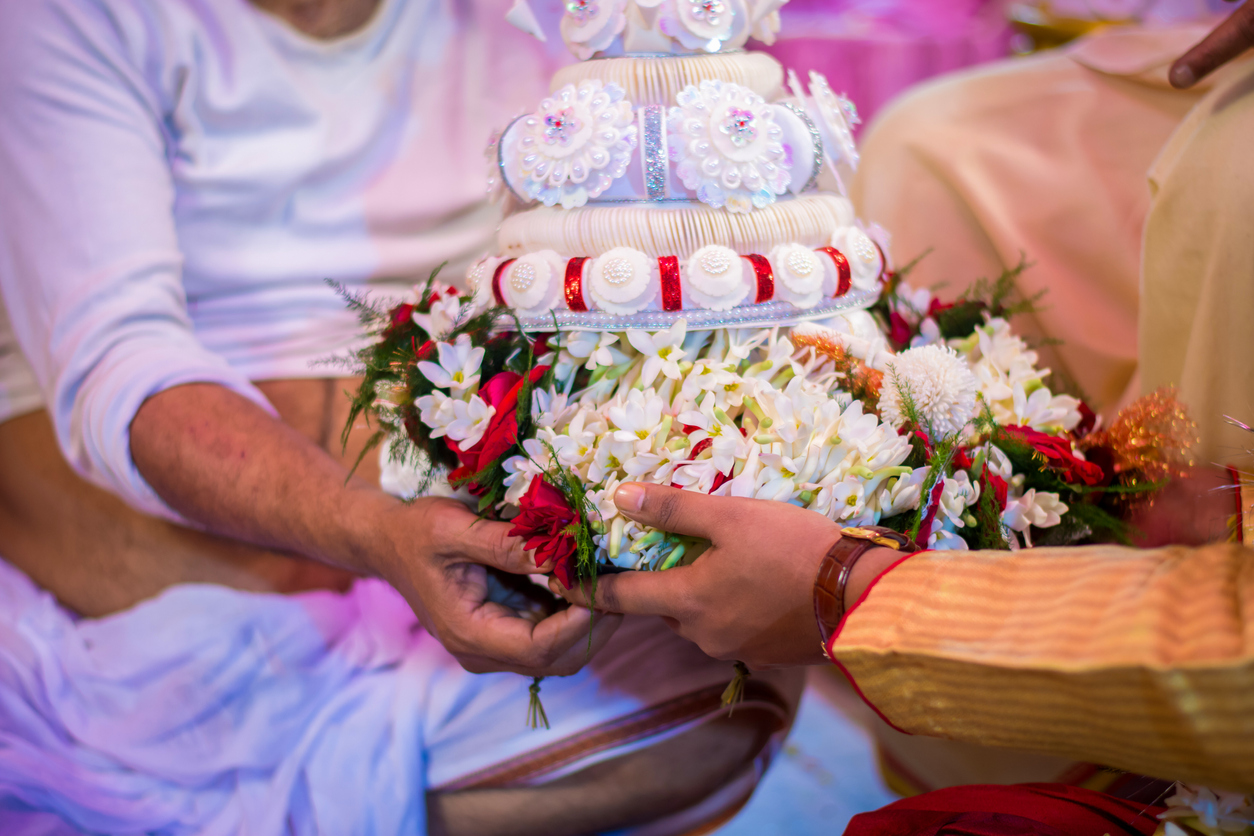- Tuesday, May 06, 2025

By: Shubham Ghosh
The Supreme Court of India on Monday (13) said final arguments over legal recognition to same-sex marriage in India will be heard by a five-judge Constitution bench on April 18.
Calling it “a matter of seminal importance”, the apex court said any decision on the subject would have a huge bearing on society.
“This judgment will have a huge bearing on society – don’t cut down anyone’s time and this must be considered,” a three-judge bench led by chief justice DY Chandrachud said, NDTV reported.
“We are of the view that it would be appropriate if the issues raised are resolved by the bench of five judges of this court with due regard to Article 145(3) of the Constitution. Thus, we direct it to be placed before a constitution bench,” the judges said.
The hearing will be live-streamed both on the Supreme Court website and YouTube.
According to Article 145(3) of the Indian Constitution, at least five judges should decide on any case involving a substantial question of law related to the constitution’s interpretation.
In recent months, at least four gay couples have urged the top court to recognise same-sex marriages, saying that the right to marry a person of one’s choice should be made applicable to the LGBTQ community.
The Indian government has expressed disagreement saying same-sex marriage is not compatible with the idea of an “Indian family unit”, which, according to it, consists of “a husband, a wife and children which necessarily presuppose a biological man as a ‘husband’, a biological woman as a ‘wife’ and the children born out of the union between the two — who are reared by the biological man as father and the biological woman as mother”.
The government has opposed in the top court a batch of pleas seeking legal validation of same-sex marriage, saying it would wreak complete havoc with the delicate balance of personal laws and accepted societal values..
Indian solicitor-general Tushar Mehta, who represented the government, said recognising gay marriages would trigger legal problems.
“Marriage is not just a contract for Hindus and it may be so in Mohammedan law. In Islam too, it is between biological man and biological woman. The moment marriage as a recognized institution comes between same sex, question will come on adoption. Parliament will have to examine and see the will of the people, the psychology of the child has to be examined… whether it can be raised in such a way, parliament will factor into societal ethos,” he was quoted as saying.
To this, Chandrachud said, “The adopted child of a gay or lesbian couple does not have to be a gay or lesbian solicitor.”
The government said decriminalising of gay sex should not be construed as the right to marry. Mehta also said the subject involved a legislative function.
Abhishek Manu Singhvi, who represented the petitioners, said the right to marry could not be withheld from anyone “solely on the basis of their sexual orientation”.
“In case the right to marry is extended to this class, it must be extended in equal terms. The Special Marriage Act has to be read in a way to extend to such classes also. Terms such as ‘man’, ‘woman’ have to be done away with,” he was quoted as saying by NDTV.
A day after the government opposed in the Supreme Court legal validation of same-sex marriage, Indian law minister Kiren Rijiju said on Monday the government does “not disturb” the personal freedom and activities of individuals but the issue related to the institution of marriage was a matter of policy.
Responding to a question on the government’s stand in the top court, Rijiju said, “The government is not interfering in the personal life, personal activities of anybody. So there should be no confusion. When it comes to an issue related to the institution of marriage, then it is a matter of policy.”
“Personal freedom and personal activities of individuals of the citizens are never being disturbed, regulated, questioned by the government. You must be very clear about it. There is a clear distinction,” he told reporters outside Parliament House.
(With PTI inputs)